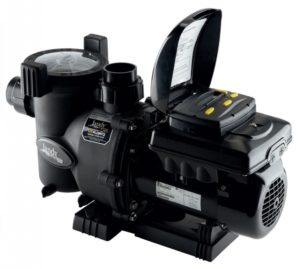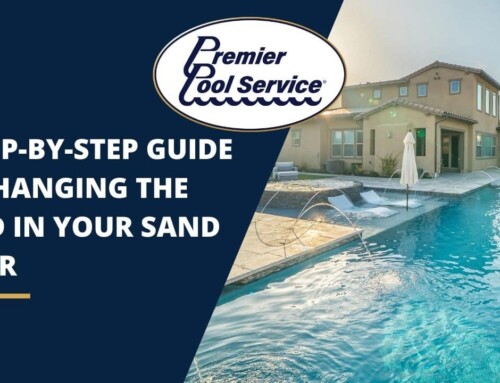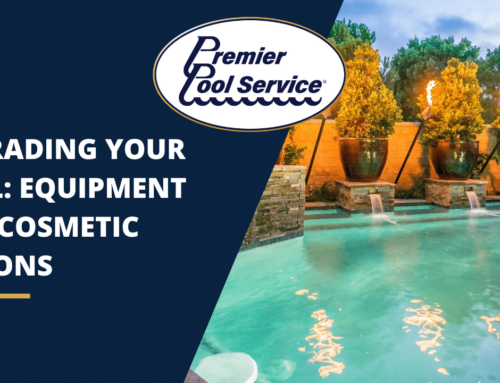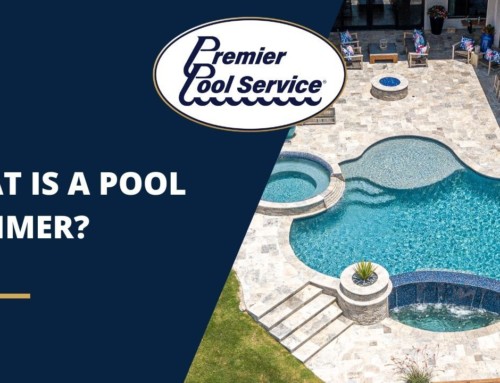How New Pool Pump Regulations Affect Swimming Pool Owners

The DOE worked with manufacturers, utility companies, and energy-efficiency advocates to finalize this federal regulation and set the minimum efficiency standards for pumps. Under these new requirements, most in-ground, single-speed pool pumps will fall out of federal compliance due to these required efficiency standards.
Larger, single-speed pool pumps for inground pools will no longer be manufactured since very few single-speed pumps will remain in compliance.
Unlike previous legislation, the new DOE mandate applies to all pumps, regardless of application. These requirements focus on meeting the minimum efficiency standards for U.S. homes and businesses.
Exemptions
There are a few exemptions to the new pool pump regulations. The following classes of pool pumps are exempt from meeting the minimum energy-efficiency requirements:
- Waterfall Pumps that operate at ≤ 30 feet of head with a maximum speed of ≤ 1,800 RPM
- Integral Sand- and Cartridge-Filter Pool Pumps
- Storable Electric Spa / Rigid Electric Spa Pumps
- Pumps with 3-Phase Motors
How The New Pool Pump Regulations Affect Pool Owners

While there may be some single-speed pumps lingering on the market, they will be more difficult to locate. The remaining inventory of non-compliant speed pumps is expected to deplete quickly.
There is an advantage for pool owners to replace single-speed pumps with variable speed pumps. Since variable speed pumps are far more fuel-efficient, you can take advantage of energy savings, which will be reflected in your utility bill.
A variable speed pool pump can save as much as 40-80% on your energy bill. This is due to the lower speed utilized when the pump is circulating and filtering pool water. The DEO estimates that the average life-cycle cost savings for owners of in-ground pools is $2,140 with a payback of less than one year.
Additionally, VS pumps are typically much quieter, and cooler to the touch. Their motors tend to last longer, which means you’ll enjoy lower maintenance costs over time.
Are you ready to switch to a variable speed pool pump? Contact Premier Pool Service today for a free estimate on pump installation.
Get a FREE quote
Looking to build a brand new swimming pool or add a spa or water feature to your existing pool? Check out our fantastic pool designs at premierpoolsandspas.com.



